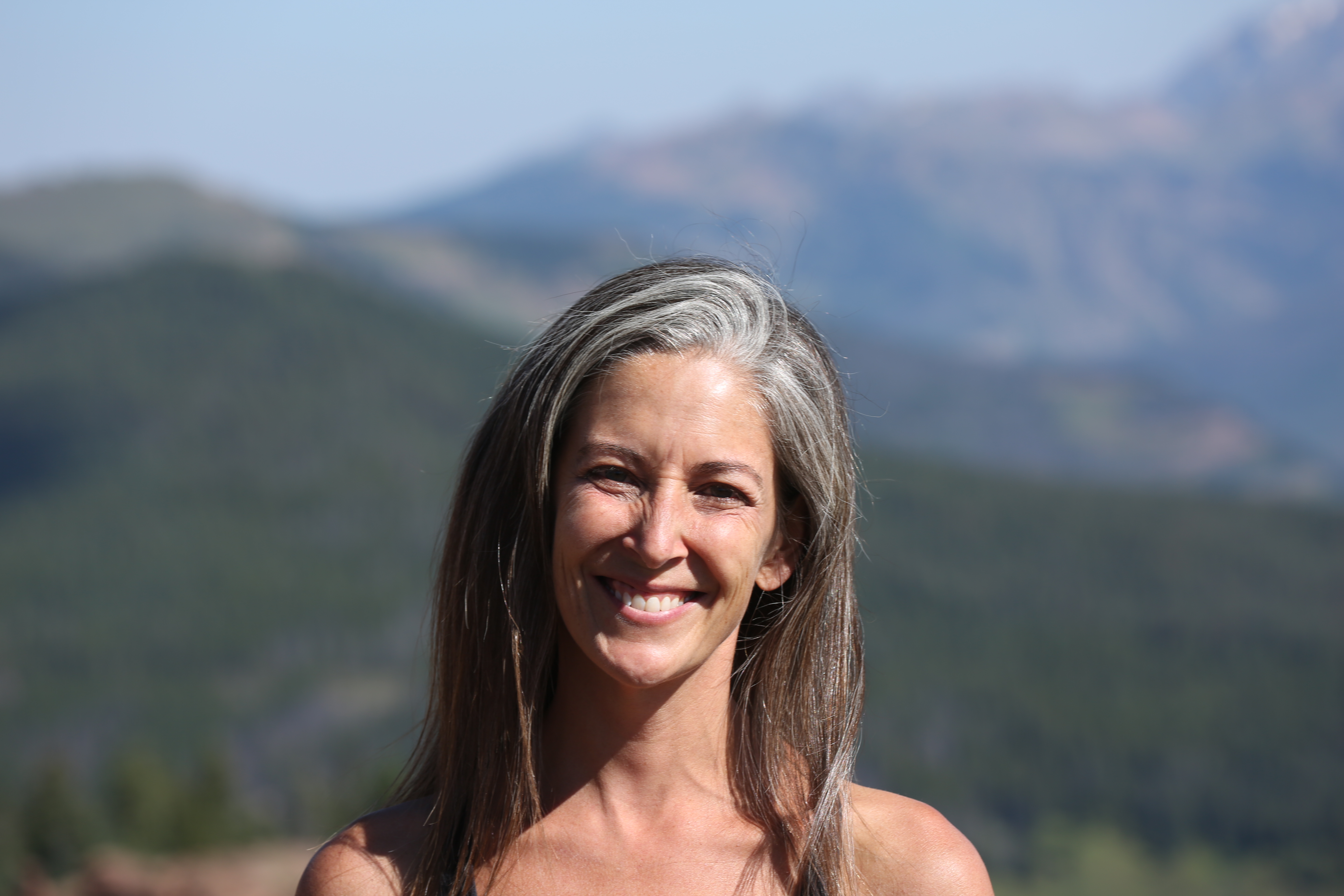[fusion_builder_container hundred_percent=”no” equal_height_columns=”no” menu_anchor=”” hide_on_mobile=”small-visibility,medium-visibility,large-visibility” class=”” id=”” background_color=”” background_image=”” background_position=”center center” background_repeat=”no-repeat” fade=”no” background_parallax=”none” parallax_speed=”0.3″ video_mp4=”” video_webm=”” video_ogv=”” video_url=”” video_aspect_ratio=”16:9″ video_loop=”yes” video_mute=”yes” overlay_color=”” video_preview_image=”” border_size=”” border_color=”” border_style=”solid” padding_top=”” padding_bottom=”” padding_left=”” padding_right=””][fusion_builder_row][fusion_builder_column type=”1_1″ layout=”1_1″ background_position=”left top” background_color=”” border_size=”” border_color=”” border_style=”solid” border_position=”all” spacing=”yes” background_image=”” background_repeat=”no-repeat” padding=”” margin_top=”0px” margin_bottom=”0px” class=”” id=”” animation_type=”” animation_speed=”0.3″ animation_direction=”left” hide_on_mobile=”small-visibility,medium-visibility,large-visibility” center_content=”no” last=”no” min_height=”” hover_type=”none” link=””][fusion_text]
 The holiday season can be extra busy and sometimes stressful, so it’s the perfect time to engage in mindful practices like yoga and meditation.
The holiday season can be extra busy and sometimes stressful, so it’s the perfect time to engage in mindful practices like yoga and meditation.
Yoga director at the Vail Vitality Center, Karen Anderson, learned to meditate in a 30-day silent retreat in India. She was with a Tibetan Buddhist group from Colorado, and she says the retreat changed her life.
She now has a daily meditation practice with an annual 30-day retreat (she has completed 10 so far.
“I spent about 6 years in Tibetan Buddhism, and then trained to teach in the lineage of Jack Kornfield and the Thai forest tradition,” she shares, “and now I find myself drawn to Adyashanti’s version of Zen and other Non-dualist practices.”
The Vail Vitality Center, offers guided meditation five days a week. Most of these classes are convenient 20-minute sessions, which take place after yoga classes. On Sunday nights, a longer 45-minute class is offered, where Anderson discusses different topics about meditation, and how to apply the practice to daily life. The Sunday night class is a community class, available to non-members for a $10 drop-in.
Here’s some more on meditation from Anderson with this Q&A:
Vail Vitality Center: Please share a little more about your meditation background and your practice.
Karen Anderson: My foundational practice is mindfulness, and this is primarily what I teach. Mindfulness isn’t just on the meditation cushion; the more you get the hang of it in formal practice, the more it spills over into daily life. There’s nothing more empowering and helpful than becoming conscious that you’re about to engage in destructive thinking or behavior, and changing course.
I also love the heart practices such as forgiveness, kindness and compassion, which cultivate pro-social emotional states. Again, the practices spill over into your relationships and daily interactions, and life becomes more enjoyable for everyone. All of the practices are designed to help us step out of negative mental patterns, and to act in accordance with our highest ideals and intentions.
Vail Vitality Center: What is it about the holidays that you think creates stress, anxiety, sadness and depression for some people?
Karen Anderson: The days are short right now, and it’s colder, so many of us spend more time indoors. We might be less active, and feel more isolated. Then you add in the holidays, which are joyful for some folks, but not for everyone. Some of us work too much, and can’t get home to see our families. Others have challenging family dynamics, or have lost family members. I think everyone faces expectations that are hard to meet about how the holidays should be.
Vail Vitality Center: How do you believe meditation can help people during this time and throughout the year?
Karen Anderson: It’s a fantastic time to engage in meditation practice, as I think it’s easier to spend some quiet time inside when it’s darker and colder out. Mindfulness meditation reduces stress and relaxes the body and the mind. It helps to process challenging emotions, and find internal peace and well-being. The heart practices help to cultivate states like joy which counteract depression. A daily practice throughout the year makes these states more easily accessible, until they become quite natural.
Vail Vitality Center: What are the actual scientifically proven benefits of meditation in the brain and the body?
Karen Anderson: Mindfulness meditation has been shown to lower blood pressure, reduce depression and insomnia, and help alleviate chronic pain. It also reduces what is called ‘stickiness’, which is how long negative mental states last. In the brain, it has been shown to activate the rational pre- frontal cortex, and decrease the gray matter in the amygdala, the center for fear and anxiety. It also improves concentration.
If you want to engage in guided practice at home, Anderson offers two online courses by donation. One is a 21-day introduction to mindfulness meditation, designed to teach the practice and give tips for an enjoyable experience. The other is a 30-day course compiling heart practices from various traditions. Both are 15 minutes per day, and play from your phone, tablet or computer. For more information, go to www.yogavail.com/meditation.
Kim Fuller is a freelance writer and yoga instructor based in the Vail Valley.
[/fusion_text][/fusion_builder_column][/fusion_builder_row][/fusion_builder_container]
